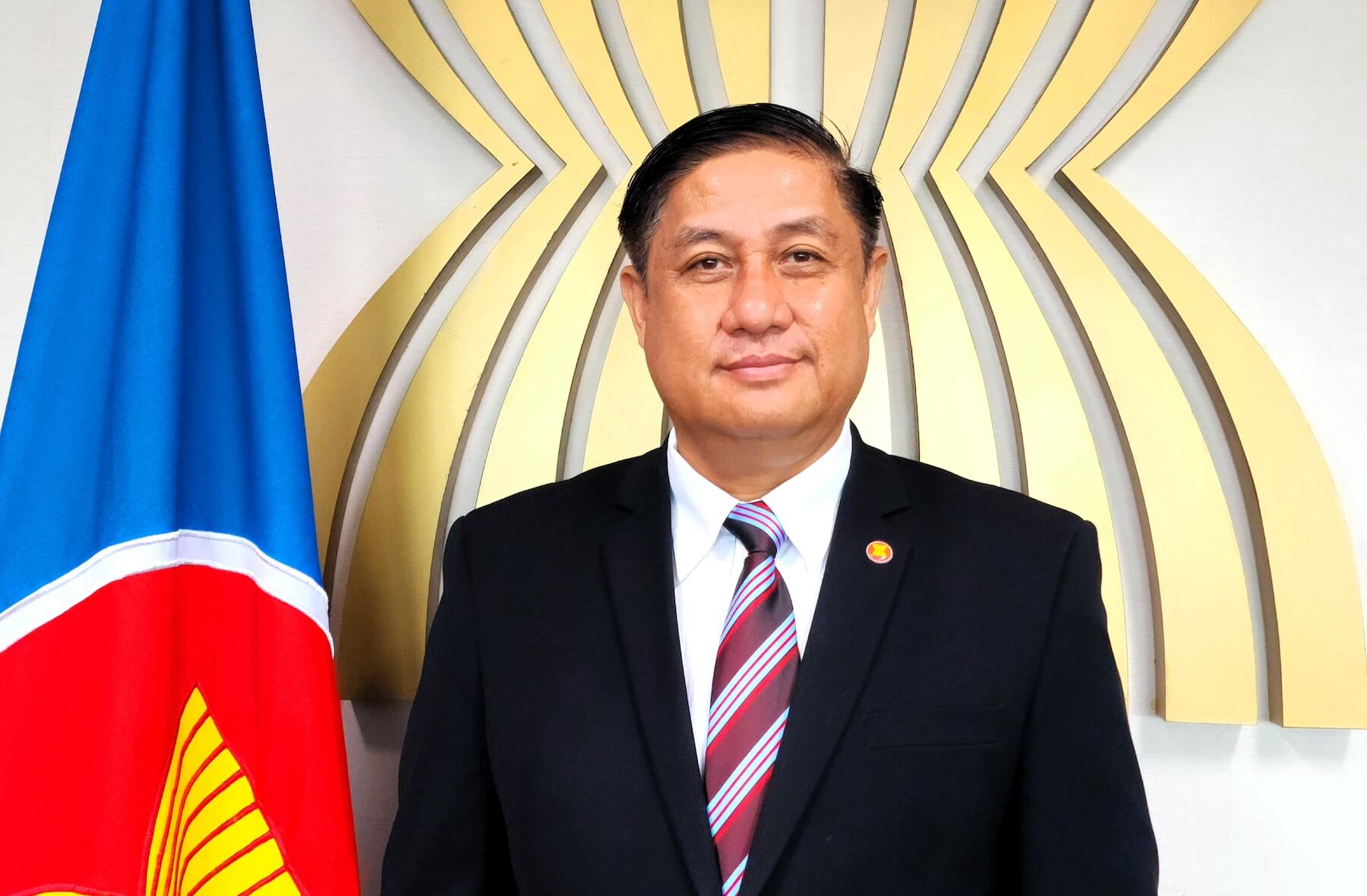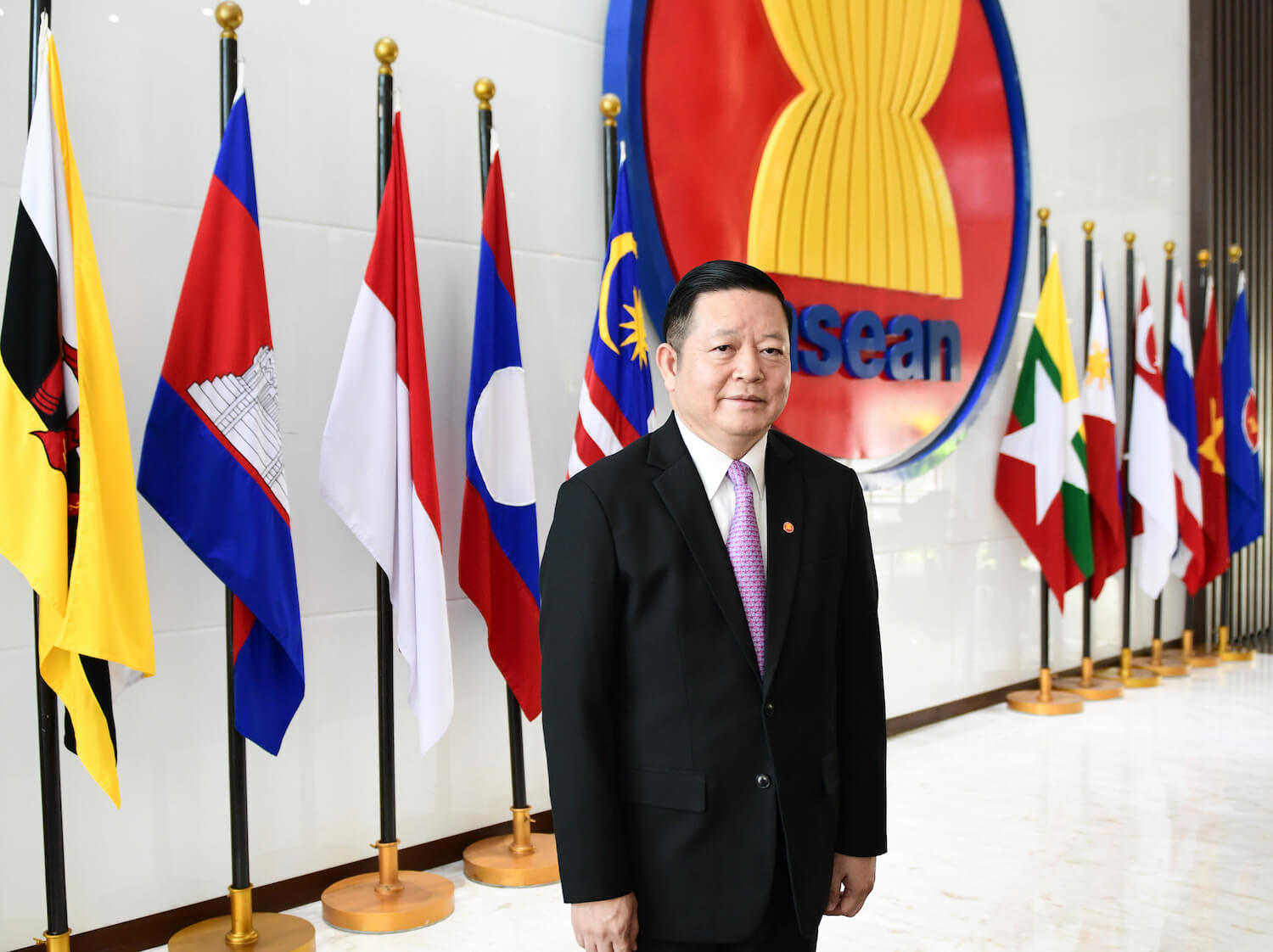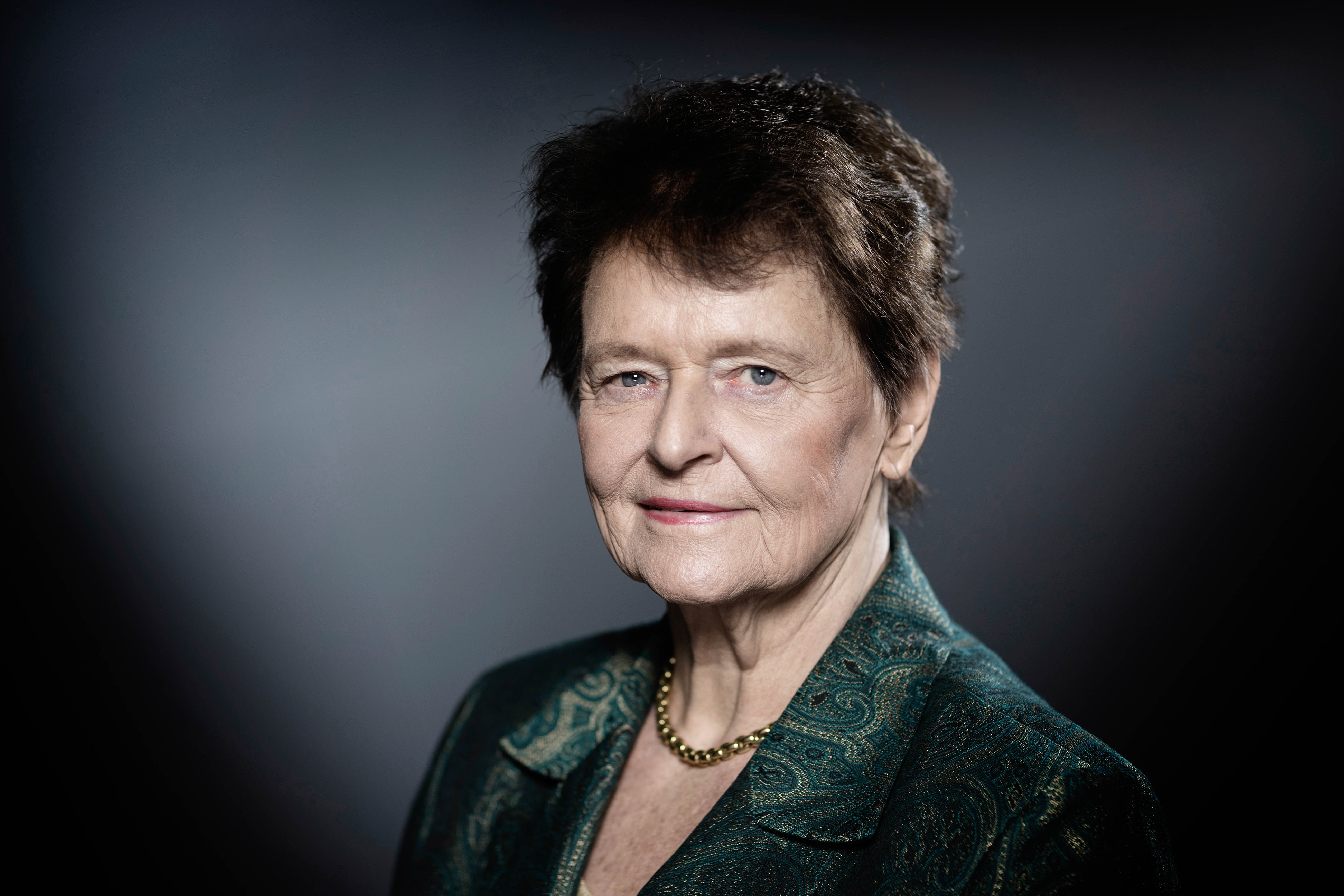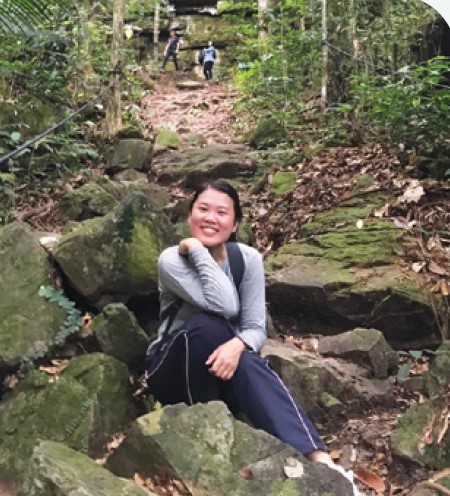


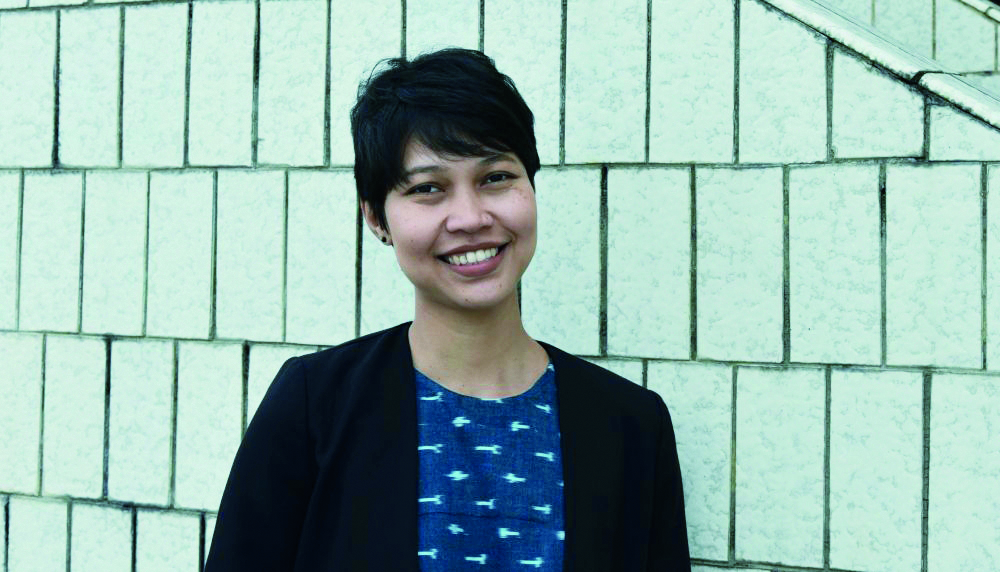
In 2013, conservationist Lin Ji Liaw founded the Biodiversity and Natural History Society (BruWILD), a non-governmental organisation working towards the conservation and preservation of Brunei Darussalam’s biodiversity.
Thirty-one-year-old Liaw is the country manager of DHI Brunei, an environmental consultancy company that works on environmental impact assessment, environment management and monitoring, and strategic environmental assessment projects in the region. Liaw, currently pursuing her master’s degree in biodiversity, wildlife, and ecosystem health at the University of Edinburgh, was awarded the 1st ASEAN Youth Eco-Champions (Senior Category) in 2019 for her advocacy work in biodiversity protection.
“Since I was a little girl, I always had this great affinity to the forest.
To make a difference, I needed to learn more about it, scientifically;
it was not just about liking it. Rachel Carson, Jane Goodall, and
E.O Wilson are key people who have motivated me through their
conservation works. After I graduated, I remember having coffee
in my university with a couple of my team members, talking about
how to bring the concept of conservation to the public, to convert
technical words to engage kids, parents, and teachers because
every time we talk about biodiversity conservation, it’s always
to people who are already on the same boat, like researchers
and lecturers. The next thing we knew, we had BruWILD.
“We have three main projects on education, marine, and rescue.
The best one is on the education front because it’s easier to
execute, as we started BruWILD with that approach. Rescue is not
for everybody; you need to have the right skills for it. I remember
spending long nights writing proposals to win grants to set up a
rescue hotline, the first one in Brunei, and to bring in the experts
from the International Wildlife Rehabilitation Council to Brunei
to train 30 of us. If people find injured animals, they don’t know
whom to call. We also receive reports about illegal trade online,
we will then report this to the authorities. The last part is to have
a facility, but this takes a lot of money and resources. Right now,
we’ve been in contact with the local wildlife division. We did not
rescue a lot of wildlife; maybe in some way it’s good, because that
indicates the loss of wildlife due to traffic accidents is also low.
“BruWILD has not led a climate change
project, but we are working with the
Brunei Darussalam Climate Change
Secretariat in their workshops and
participating in many of their projects.
We’re trying not to reinvent the wheel,
but to enforce it. Brunei is quite small in
terms of population. If you have too many
programmes, it’s hard for them to connect,
and you can get contradicting messages.
We would rather support each other
so that we talk the same language.
“In Brunei, the impact on climate
change has been quantified in
several layers. There’s more to understand
about how much emissions the country
is actually producing, and at the same
time the Secretariat also tries to sort
of map out how much is being
sequestered. But you can already see certain signs; more frequent
flooding and the flood impact is higher, and we have forest fires.
In Brunei, the peat swamp area is also facing yearly or sometimes
twice a year of forest fires. The frequency and the intensity
have been increased, but by how much, that has to be
properly quantified.
“I think, the public understanding of climate change has increased
dramatically, I could say since the inception of the Secretariat.
People can help too. The least they can do is start from home.
For example, if you don’t need to use the air conditioner, just
turn it off or you don’t have to make it so cold like in winter.
“Southeast Asia still has good, intact forests but forest fires are
everywhere. My wish is that ASEAN can become the role model,
the champion for protecting old forests. Can you imagine if we
lose them? It would be such a huge loss. It must be now more
than ever, for us to protect what we have left.
“Protecting the environment is tough. I still think that to
tackle threats to the environment, we would have to tackle
them on many fronts, not just climate change per se. It’s
about communicating with different stakeholders who speak
different languages. Right now, I’m still struggling, and today
I can say that I meet more people than trees. I miss nature,
I miss investigating and understanding nature, because that
was how I started. Every day you go out in the same project
area, but every day nature surprises you. “




